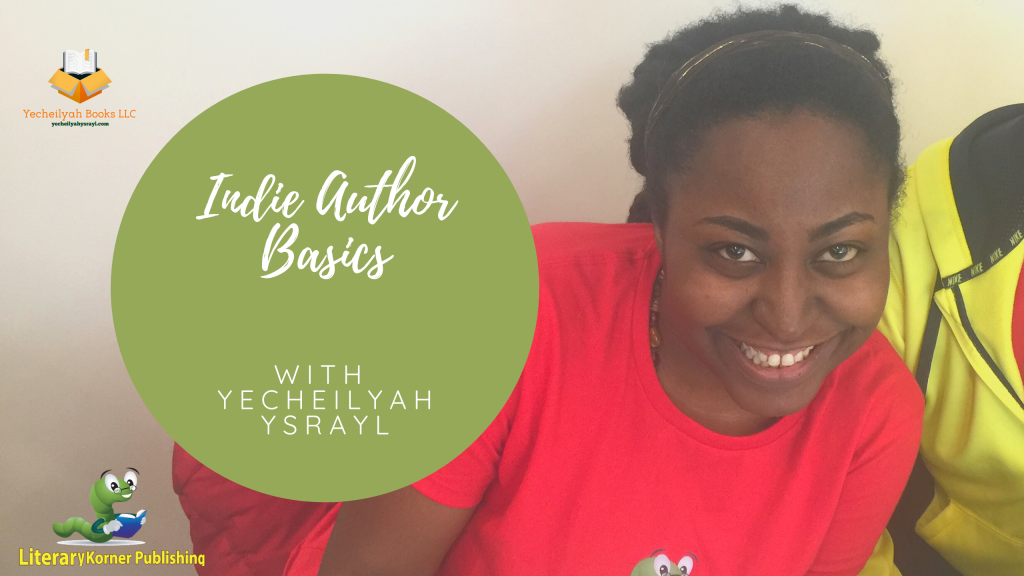
I did not plan on doing an IAB today, but a question on Twitter sparked a thought.
We talk about Self-Publishing, but what is it?
That sounds like a simple question, but you’d be surprised how many writers with questions about Self-Publishing don’t really know what it is.
Let’s start with what Self-Publishing is not:
Vanity Publishing
Vanity Publishing is not the same as Self-Publishing, and it is not the same as Traditional Publishing. When you pay a publishing company to publish your books, this is Vanity Publishing. Although not popular, I will not speak badly about VPs as this is an option for some authors. To each his own.
My only job is to help you understand what Self-Publishing is and what it is not. And at any time you pay a fee to a company to get your book published, this is not Self-Publishing.
Also, if you are signed with a publishing company, this is not Self-Publishing.
Read your contracts thoroughly.
Self-Publishing is also not a “backup plan.” It is not something you do because you think it’s easier or faster. While an author can get their book published faster with Self-Publishing, this does not mean the author should aim to do so. If you rush your book, it will look like it.
Self-Publishing is when you are your own publisher—the end.
Now, what does that mean exactly?
Traditionally, a team of people works to get the manuscript ready for publishing, whether with a major publisher, small press, or vanity. They cover everything from editing to cover art and get paid in royalties.

This is what separates Trad from Vanity. Traditionally, publishers do not charge fees to publish. They get paid from the royalties of the book. However, there has been a lot of controversy about that, but we do not have time to discuss it. Let’s just say it is why many choose to go the Independent route.
Moving on…
Just like it’s the traditional publisher’s job to get the manuscript of their authors ready for publishing, it is your job as your own publisher to get your manuscript ready for publishing.
This might mean hiring someone to assist you with the process, such as a self-pub assistant or coach, outsourcing for editing, cover art, and formatting.
With Self-Publishing comes total creative control. This can be both liberating and daunting. Essentially, Indie Publishing is a two-edged sword. On the one hand, you are in control of the look and feel of everything about your book. This can be a lot of fun.
But creative control does not mean doing everything yourself. You still need help. And because you are the publisher, you are responsible for hiring this help.
At the risk of sounding redundant, I will leave it here.
Self-Publishing in its most basic form is that you are your own publisher. You are not signed onto a publishing company or paying a publishing company to publish you. You hire your own people, outsource for what you need, and publish in your own name.

